
Mit Dietrich online werden bibliographische Angaben zu ca. 5. Mio im deutschen Sprachraum von 1897- 1944 erschienenen Zeitschriftenaufsätzen und Zeitungsartikeln
Short description of the project
The FWF-funded digital edition of the “working correspondence” of British-American poet W. H. Auden (1907-1973) to Welsh-Austrian writer Stella Musulin opens up new perspectives on Auden's life and work in Austria in the period 1958-1973.
Project content
From 1958 to 1973, the British-American poet Wystan Hugh Auden (1907-1973) spent up to six months a year in the Lower Austrian village of Kirchstetten. Although Auden wrote the biggest part of his late poetry there, the central importance of this Austrian creative period in the poet's life and work has only recently received scholarly attention. This interdisciplinary project at the Austrian Centre for Digital Humanities and Cultural Heritage (ACDH-CH) of the Austrian Academy of Sciences is making a significant contribution to the reassessment of the “Austrian Auden” in the emergent field of Austrian Auden studies.
The digital edition of Auden‘s “working correspondence” with Welsh-Austrian writer Stella Musulin (1915-1996) not only sheds light on one of the most productive literary creative periods in W. H. Auden‘s life, but also adds new facets to Austria‘s social and cultural history of the 1960s and 70s. The scholarly digital edition is aimed at specialist academic audiences as well as the general public and is openly accessible.
The project follows the highest standards of digital editing. All research data generated in the process have been made transparent in line with the principles of FAIR Open Research Data (https://github.com/Auden-Musulin-Papers). In collaboration with TU Wien, the project also applies innovative methods and technologies: at the Computer Vision Lab, 3D surfaces of twentieth-century literary typescripts have been reconstructed for the first time in order to visualize material traces of poetic work (https://doi.org/10.1093/llc/fqad037). The insights thus gained into writing practices and creative processes provide fascinating glimpses into the poet‘s workshop in Kirchstetten.
Austrian Centre for Digital Humanities and Cultural Heritage, Österreichische Akademie der Wissenschaften
Sandra Mayer
E-Mail: sandra.mayer@oeaw.ac.at
Telefon: (+43 1) 51581 2251
Find our more at
http://bit.ly/3EhC5o6
https://github.com/Auden-Musulin-Papers
Add your DH research project to the project showcase by submitting a short project description via the web form. Enter project data, a brief description, a graphic or visualization as well as a detailed description of the project content with technical assignment, addressees, added value, project managers, funding information and duration.

Mit Dietrich online werden bibliographische Angaben zu ca. 5. Mio im deutschen Sprachraum von 1897- 1944 erschienenen Zeitschriftenaufsätzen und Zeitungsartikeln
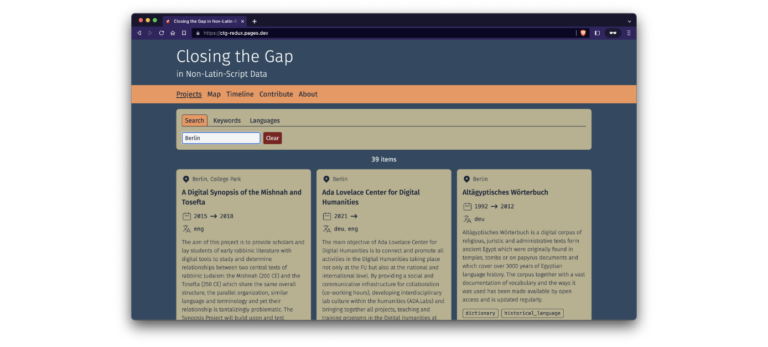
Das Fach ist BUA-finanziert und am Seminar für Semitistik und Arabistik angelegt. Es fokussiert sich auf die Analyse des status
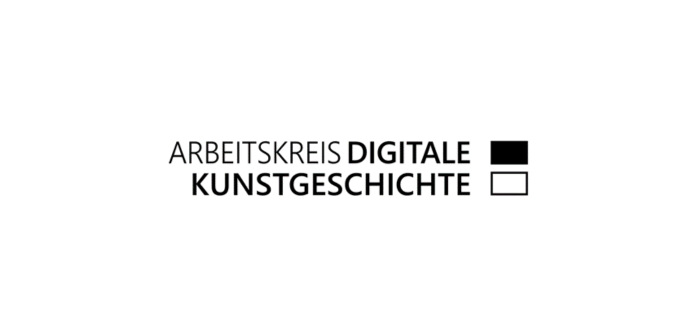
Der Arbeitskreis organsiert das #ArthistoCamp, die Schriftenreihe Computing in Art and Architecture und den #arthistocast – der Podcast zur Digitalen
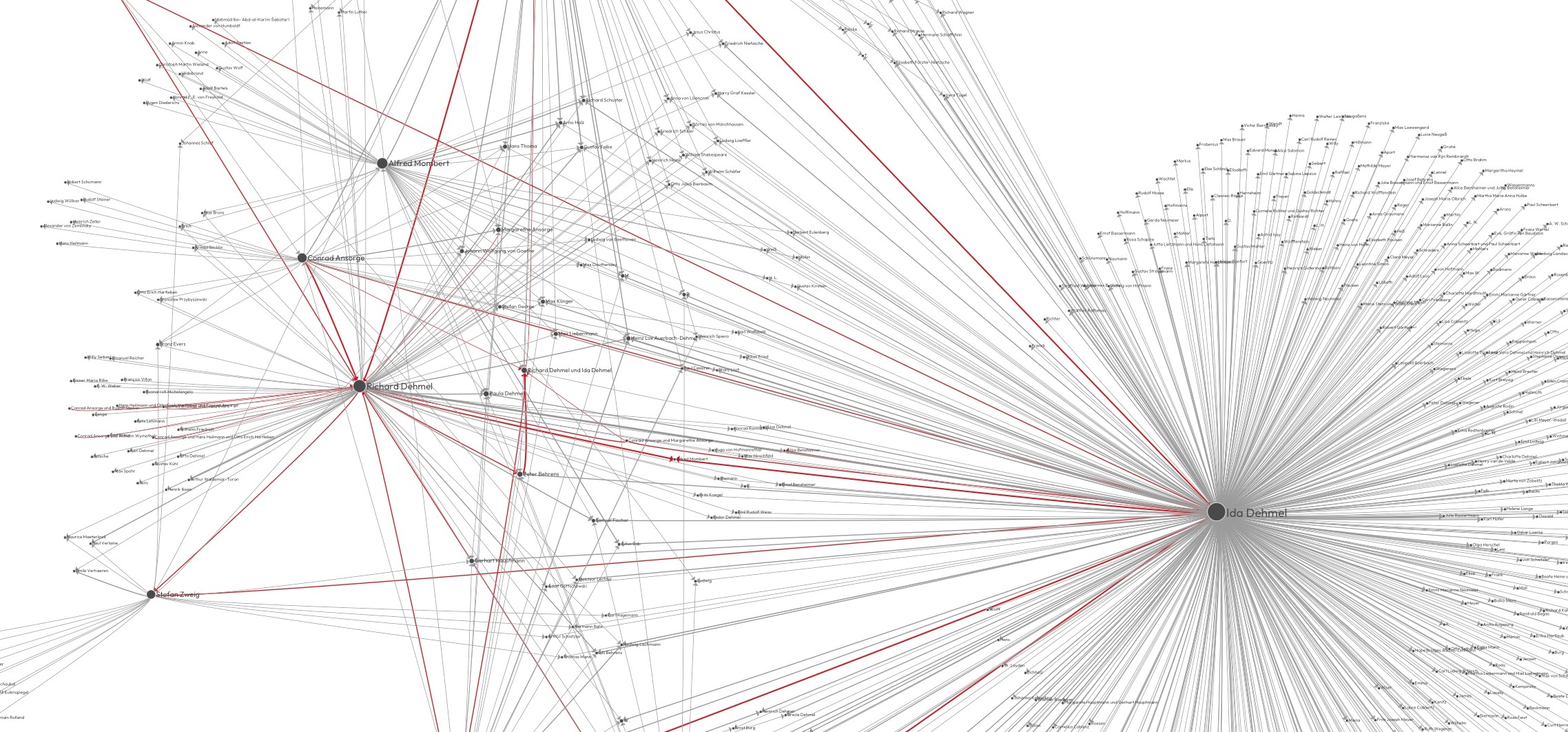
In Kooperation zwischen der Universität Hamburg und der Staats- und Universitätsbibliothek Hamburg werden die ca. 35.000 handschriftlichen Originalbriefe des Dehmel-Archivs
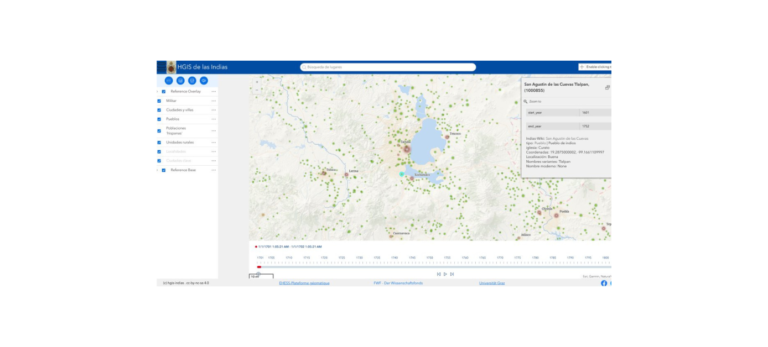
HGIS de las Indias ist eine historisch-geographische Datenbank zum Spanisch-Amerika der ausgehenden Kolonialzeit.
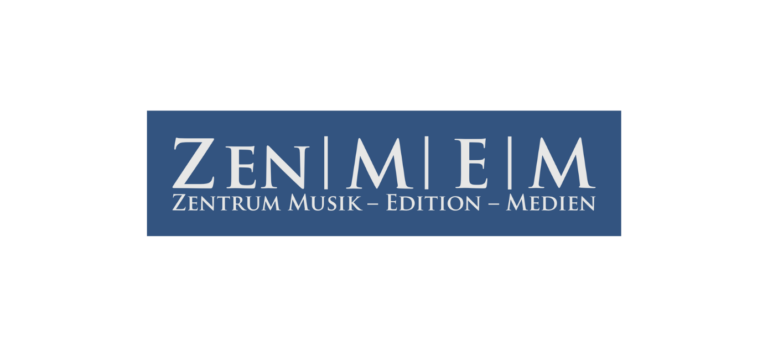
ZenMEM ist ein dezidiert offener Verbund von Wissenschaftler*innen und darum bemüht, gemeinsam neue, digital gestützte Forschungsmöglichkeiten im Bereich der Kulturwissenschaften
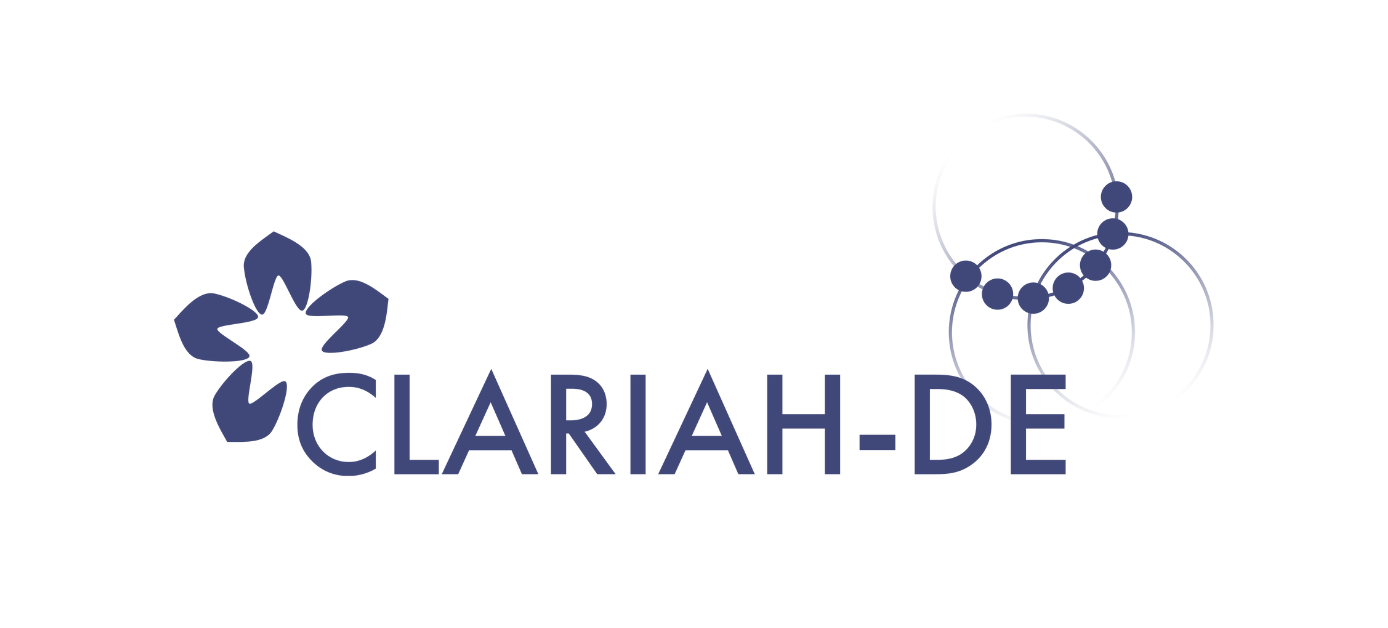
CLARIAH-DE ist ein Beitrag zur digitalen Forschungsinfrastruktur für die Geisteswissenschaften und benachbarte Disziplinen. Durch die Zusammenführung der Verbünde CLARIN-D und
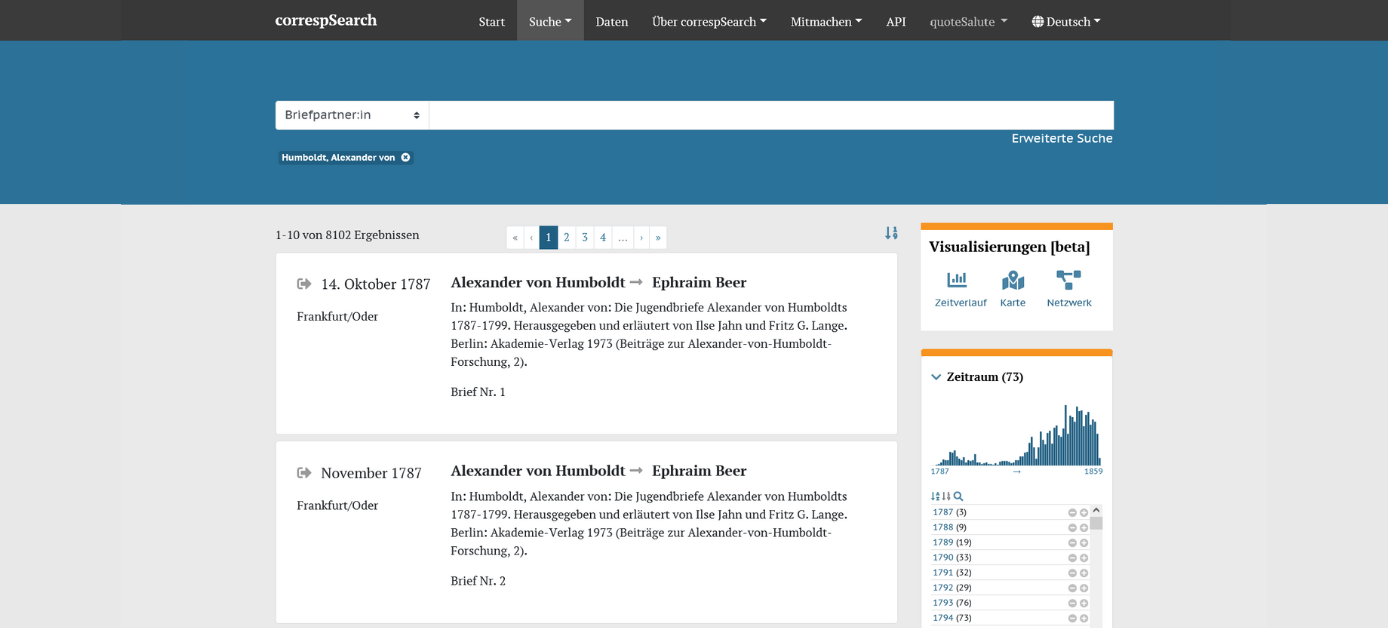
Der Webservice correspSearch wurde entwickelt um ein lange bestehendes Desiderat von Briefeditionen zu beheben: Die edierten Briefe editionsübergreifend durchsuchen zu
Wir verwenden Cookies und ähnliche Funktionen zur Verarbeitung von Daten. Die Zustimmung ist freiwillig und kann jederzeit widerrufen werden.